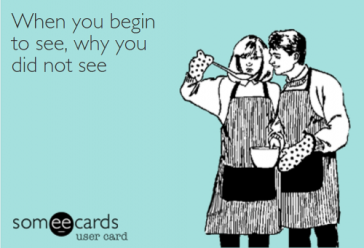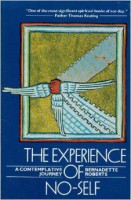MoonBlog 30.2 Pragmatism
You know that moment, at the end of the night and u wake up, knowing, determent, clearheaded, when u realise things fall back into place, yes fall back into, as u come back to knowing that u realise stuff, more, when information has made sense. As the wind gently howls across the building in late autumn.
I was so stuck and fucked up just a few months ago, and clearly needed some kind of help, support, guidance perhaps, as I had wiggled my way into distress and mental suffering through reading stuff way over my head, trying to get things that one might not get from just reading, from reading someone else’s experience even, it simply does not always work that way.

So I guess I sort of booby trapped myself in my own process, and was reading both ‘The Experience of No-Self‘ by Bernadette Roberts as well as the very dark ‘Brahma’s Long Night‘ by Ra Uru Hu in the Rave Cosmology Teacher Training right after having finished the fucked up ‘The Nature and Mechanics of the Rave (2027)‘ semester which really did not make things any lighter, and it just fucked me up, big time. And here is the kicker, I got what was said even, that was tough to swallow, I got what was said, what was meant, I could follow this experience of Bernadette, but I could not possibly also share her experience or recognize it in my own life, my own perception of what she was sharing about. And so I came to a grinding halt
Zoned out and outshined
So I stopped, I stopped reading Bernadette while gently continuing Rave Cosmology, but giving myself some space and time, knowing I got fucked up, knowing I needed to take a breather, a step back, unwind the tension just a bit, and reorient myself. But first, just back off a bit, simply ease off, and not push myself over this edge of not understanding, of not having the same experiential knowing, and allow for that.
Read more
